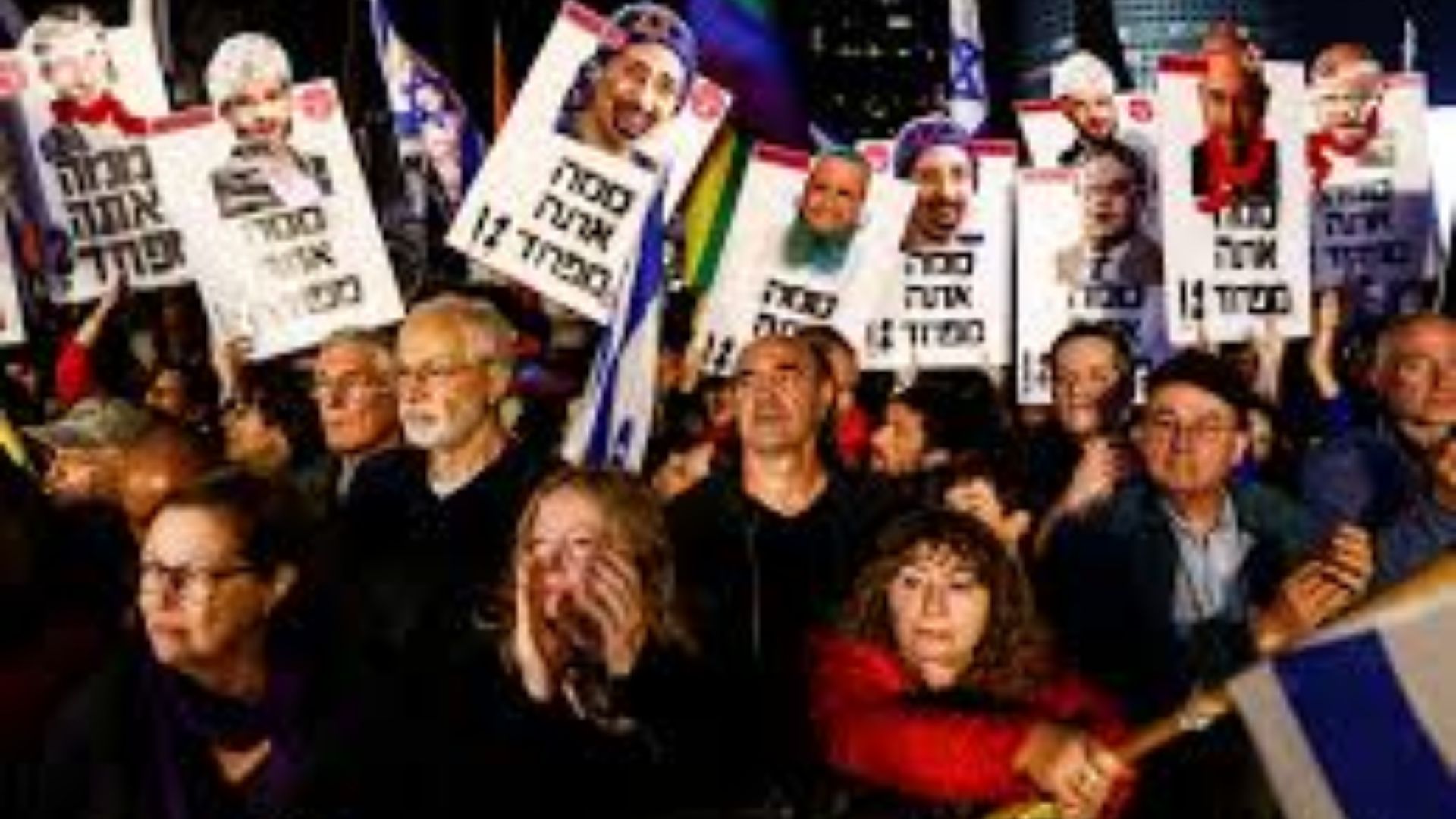


Columbia University initiated the suspension of pro-Palestinian activists who declined to dismantle a tent encampment on its New York City campus following unsuccessful negotiations aimed at resolving the contentious protest.
President Nemat Minouche Shafik stated that despite days of talks between student organizers and academic officials, the demonstrators remained adamant about keeping the numerous tents erected to express their opposition to Israel’s actions in Gaza.
The move to suspend activists at Columbia, which has been a focal point of Gaza-related protests stirring up campuses nationwide, coincided with police action at the University of Texas at Austin, where numerous students were arrested after being sprayed with pepper spray during a pro-Palestinian demonstration.
On Monday morning, Columbia issued a letter warning students that failure to evacuate the encampment by 2 p.m. ET and sign a pledge committing to adhere to university policies would result in suspension, rendering them ineligible to complete the semester in good standing.
Chang emphasized that the encampment has created an unwelcoming atmosphere for many Jewish students and faculty members, serving as a disruptive distraction that hampers teaching, learning, and preparation for final exams.
Earlier, Shafik stated that Columbia would not divest from investments in Israel, a demand of the protesters. Instead, she proposed investing in health and education initiatives in Gaza and enhancing transparency regarding Columbia’s direct investment holdings.
Protesters have pledged to maintain their encampment on the Manhattan campus until Columbia University fulfills three key demands: divestment, transparency in university finances, and amnesty for students and faculty facing disciplinary actions related to the protests.
Pro-Israeli activists set up a big screen and loudspeakers at the University of California, Los Angeles, the scene of the weekend fight between opposing groups, to broadcast a tape loop of the attack on Israel on October 7 by Hamas militants. The film seems to be intended as a response to pro-Hamas shouts that infiltrated demonstrations on campuses in favour of the besieged Palestinian residents in Gaza.